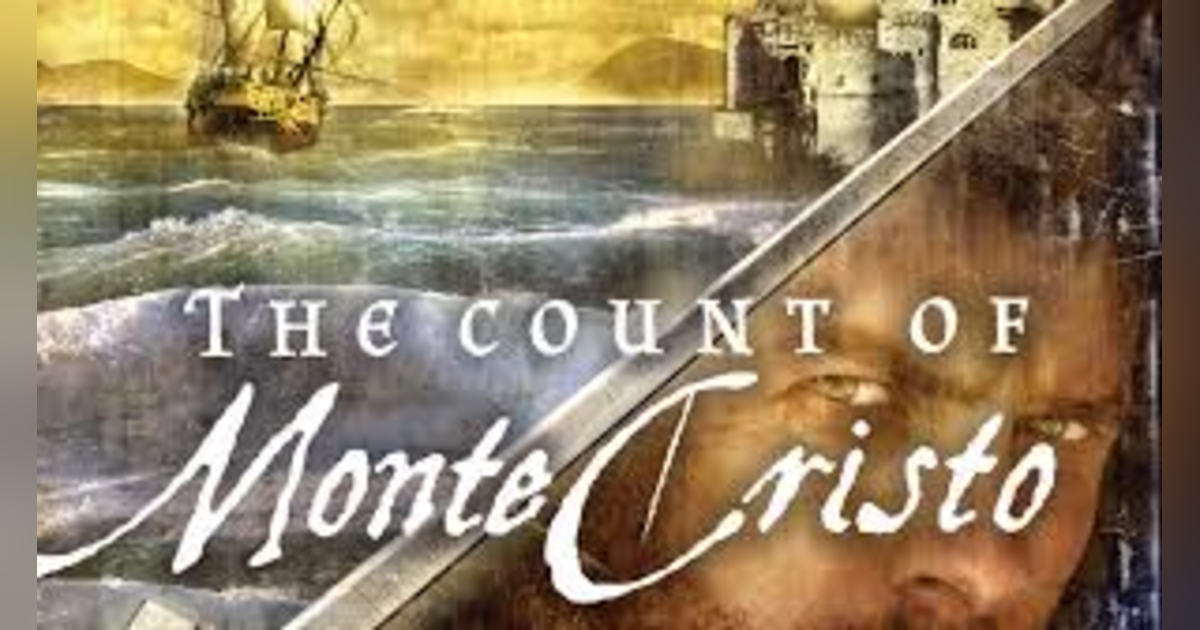THE COUNT OF MONTE CRISTO (CHAPS 82-83)

CHAP 82 SUMMARY
Monte Cristo does indeed go to Auteuil to try out some horses. There, however, Baptistin informs him that an anonymous letter has arrived saying that the Count’s house in Paris is to be burgled that night. The Count wonders if this note isn’t a trap designed to murder him instead. Despite this fear, he tells his servants he will be off in the woods, and goes to Paris straightaway that evening, meeting Ali at the door and then changing into the clothes of Abbe Busoni. Upstairs, he meets Caderousse, who with an accomplice waiting outside has tried his best to steal from his former “friend”—although he does not recognize the Count, but instead thinks it is the Abbe from ten years ago.
This is the first time have actually seen the Count transform into the Abbe Busoni. Previously, the novel has strongly implied that they are the same person, but it is with a certain coyness that the narrator shifts between the identities of the Count and the Abbe, as though leaving open the possibility that they might in fact be two separate people. Caderousse, of course, has met the Abbe before, receiving the diamond from him long ago at the inn, and the Count appears to be setting a particular kind of trap for the man he believes to be breaking into his home.
CHAP83 SUMMARY
While Ali goes out in search of a doctor, the Abbe Busoni tends to the mortally wounded Caderousse. Caderousse asks why the Abbe didn’t tell him he could see his accomplice outside, lying in wait to kill him. The Abbe replies that he was waiting for the will of God to be done, and though Caderousse denies that there is anything like God in the world, the Abbe insists that there is, and that it was the Hand of God that resulted in Caderousse’s murder. Caderousse then signs another paper, saying he has been hurt by Benedetto while attempting to burgle the Count, and Caderousse says that this Benedetto would indeed have come to murder the Count if given the opportunity.
The Count, disguised here as the Abbe, learns that both Caderousse and Benedetto (or Andrea) had only blood and spoils on their minds. The Abbe makes sure here, as Dantes/the Count has done throughout the novel, to acquire written proof of a statement, which he can then use against the assailant at a later time. This proof helps the Count to build the moral justification for his revenge, which, he believes, carries out the divine will for vengeance against the aggressor, Caderousse.




